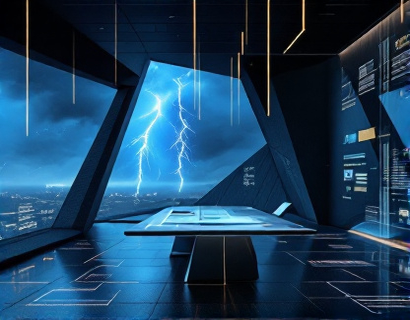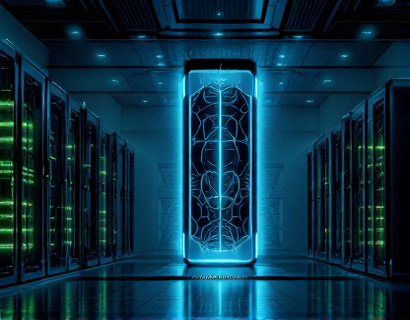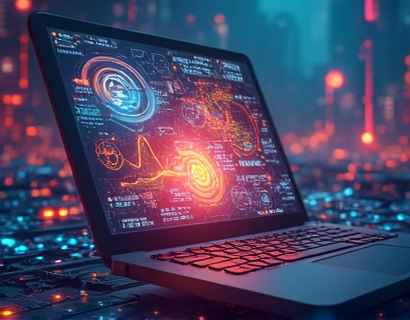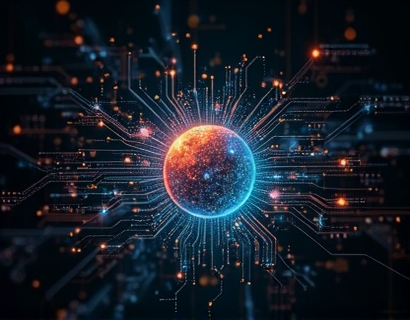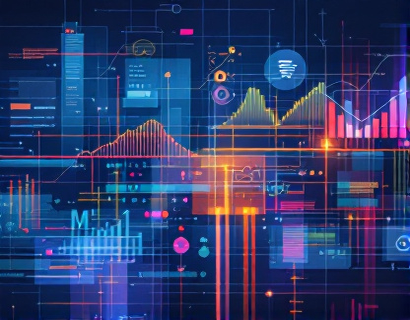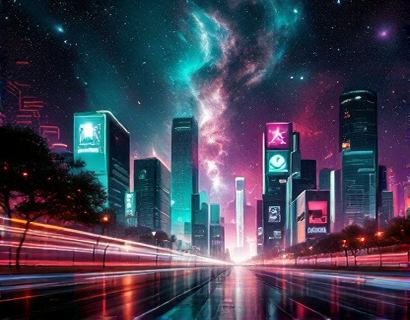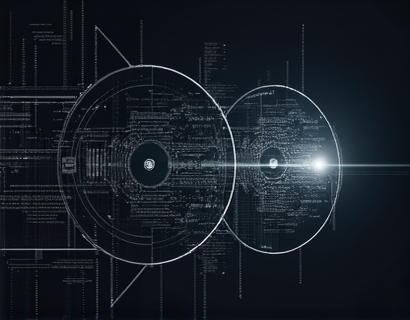Unlocking the Future: Innovative NFT Solutions for Creators and Collectors in the Digital Age
The digital age has ushered in a new era of creativity and ownership, particularly with the advent of Non-Fungible Tokens (NFTs). These unique digital assets are redefining how creators and collectors interact, trade, and preserve their work in the digital realm. This article delves into the transformative power of NFT solutions, designed to empower both creators and collectors, and explore the endless possibilities they offer.
Redefining Digital Scarcity and Ownership
Traditionally, digital content has been easily replicable, making it challenging to establish scarcity and ownership. NFTs change this paradigm by leveraging blockchain technology to create unique, verifiable, and tradable digital assets. Each NFT is a one-of-a-kind token that represents ownership of a specific digital item, whether it's artwork, music, videos, or any other form of digital content. This innovation ensures that creators can monetize their digital creations in ways previously unimaginable.
Empowering Creators
For creators, NFTs offer a direct line to their audience, eliminating intermediaries and allowing them to retain full control over their work. Platforms designed for NFT creation and trading provide intuitive tools for artists, musicians, writers, and other creatives to mint and manage their digital assets. These platforms often feature features such as customizable NFT templates, easy minting processes, and integrated marketing tools to help creators reach a broader audience.
Moreover, NFTs enable creators to implement unique features like fractional ownership, where a single piece of art can be divided into multiple shares, allowing more people to own a part of it. This not only democratizes access to high-value digital assets but also provides creators with new revenue streams through royalties, as many NFT platforms automatically allocate a percentage of secondary sales back to the original creator.
Enhancing the Collector Experience
Collectors, on the other hand, benefit from the transparency and security that blockchain technology provides. Owning an NFT gives collectors verifiable proof of ownership and a permanent record of the asset's history, including previous ownership and transaction details. This level of transparency builds trust and authenticity within the digital collecting community.
NFT marketplaces and platforms also offer collectors a diverse range of digital assets to explore, from exclusive in-game items and virtual real estate to original digital art and music. The ability to own and showcase rare digital items adds a new dimension to the collecting experience, making it more engaging and valuable.
Fostering a Dynamic Community
One of the most significant advantages of NFT solutions is the vibrant community they foster. These platforms bring together creators and collectors, facilitating interactions, collaborations, and the sharing of ideas. Forums, social features, and community events on NFT platforms encourage engagement and help build a supportive ecosystem where members can learn from each other and grow together.
Moreover, the decentralized nature of blockchain technology ensures that these communities are not controlled by any single entity, promoting a fair and democratic environment. This community-driven approach not only enhances the user experience but also drives innovation and growth within the NFT space.
Innovative Features and Tools
NFT platforms are continuously evolving, introducing innovative features that enhance the experience for both creators and collectors. For instance, some platforms offer advanced analytics tools that provide insights into market trends, collector behavior, and asset performance. These insights can help creators make informed decisions about their work and marketing strategies.
Another exciting feature is the integration of augmented reality (AR) and virtual reality (VR) technologies, allowing collectors to experience digital assets in immersive environments. This not only elevates the visual appeal of NFTs but also opens up new possibilities for interactive and experiential content.
Challenges and Considerations
While NFTs offer numerous benefits, it's essential to acknowledge the challenges and considerations associated with this emerging technology. One of the primary concerns is the environmental impact of blockchain transactions, particularly those using proof-of-work consensus mechanisms. However, many platforms are shifting towards more sustainable solutions like proof-of-stake to mitigate this issue.
Another consideration is the regulatory landscape, which is still evolving. Creators and collectors should stay informed about the legal aspects of NFTs, including copyright laws and tax implications, to navigate the space responsibly.
Future Prospects
The future of NFTs is bright, with ongoing developments promising to further enhance the digital asset experience. Interoperability between different blockchain platforms is on the horizon, allowing NFTs to be seamlessly transferred and used across various ecosystems. This will not only increase liquidity but also expand the potential use cases for NFTs.
Additionally, the integration of NFTs with other decentralized applications (dApps) and the Internet of Things (IoT) could lead to new forms of digital ownership and interaction. For example, NFTs could represent ownership of physical items, creating a bridge between the digital and physical worlds.
Conclusion
In conclusion, NFT solutions are revolutionizing the way creators and collectors engage with digital assets. By providing tools for creation, trading, and management, these platforms are fostering a dynamic and inclusive community. As the technology continues to evolve, the possibilities for innovation and growth in the digital asset space are endless. Embracing NFTs can significantly enhance your digital presence and open up new avenues for creativity and ownership.




